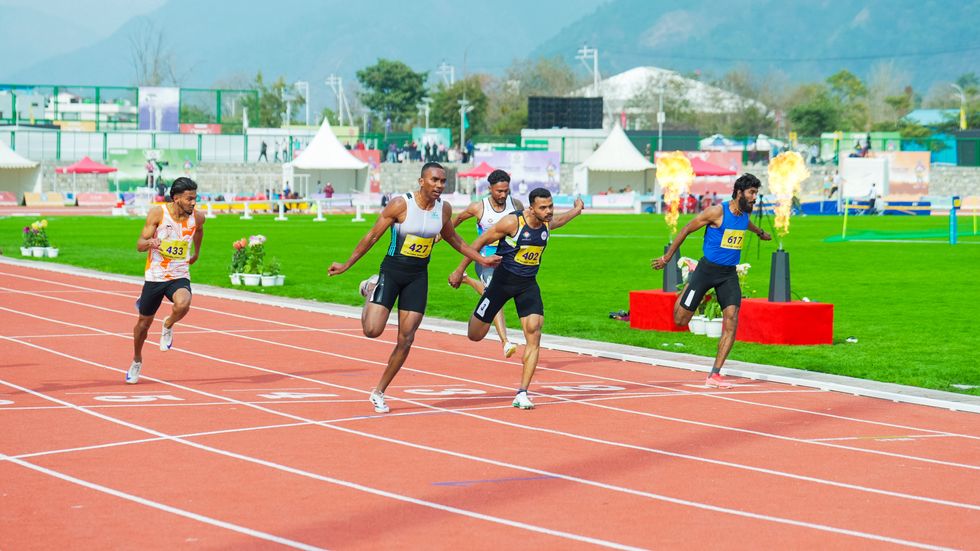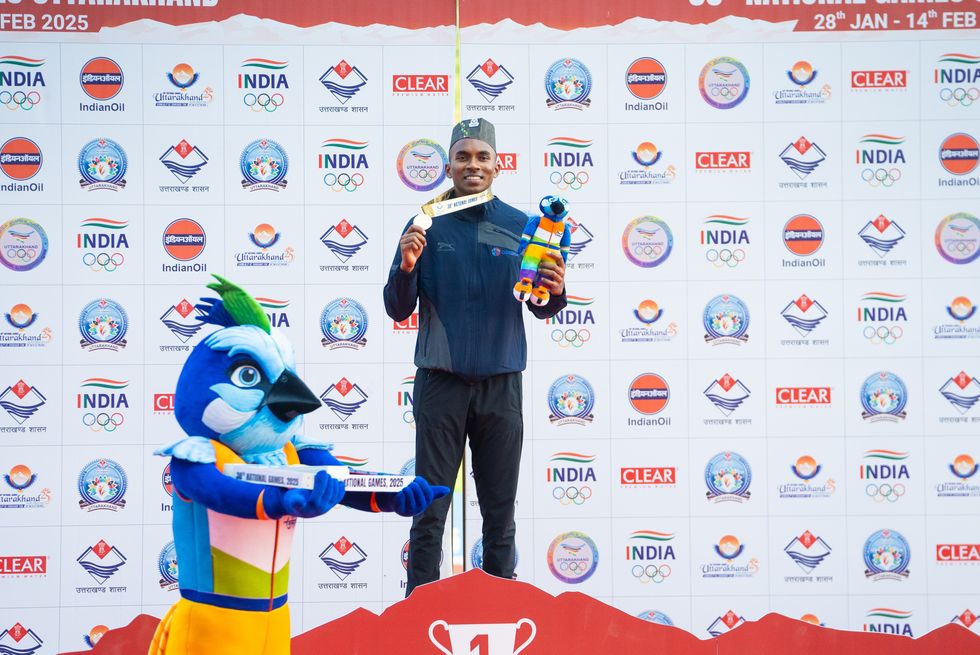India and Pakistan have retreated from the brink of possible war but an information conflict still rages over their tit-for-tat air strikes and an aerial dogfight between the nuclear-armed arch rivals.
A suicide bombing on February 14 killed 40 troops and was the deadliest attack in Kashmir on Indian forces in a 30-year insurgency by militants wanting independence or to be part of Pakistan.
Delhi has long accused Islamabad of supporting the insurgents and the attack was claimed by Pakistan-based militant group Jaish-e-Mohammed (JeM).
India and Washington say Islamabad uses groups like JeM as proxies to attack India, which despite repeated "crackdowns" manage to resume their activities.
Here is a brief summary of what both countries, which have fought three wars since 1947, have said in recent days about their most serious standoff in years.
- '250 dead' -
India launched air strikes on February 26 on what it called a JeM training camp at Balakot inside Pakistan, 12 days after the suicide bombing.
Vijay Keshav Gokhale, Indian foreign secretary, hours after its pre-dawn air raid said the target of the "pre-emptive strike" was "jihadis" in the "biggest training camp of JeM".
Gokhale said "a very large number of JeM terrorists, trainers, senior commanders and groups of jihadis who were being trained for fidayeen (suicide) action were eliminated".
While the Indian government has given no official statement about the numbers of dead, Indian local media ran several source-based reports claiming as many as 350 killed.
Leading politicians linked to prime minister Narendra Modi's ruling Bharatiya Janata Party (BJP) including notably BJP president Amit Shah put the death toll at 250.
Some of those asking for proof -- such as opposition politicians accusing Modi of using the crisis to boost his standing ahead of looming elections -- have gotten short shrift.
In the next raids, "opposition parties raising these questions can be tied under the jets... so that they can look at the targets," thundered junior foreign minister V.K Singh.
- Just trees? -
Pakistani officials have said that Indian warplanes did breach its airspace, dropping what military spokesman Major General Asif Ghafoor described as "payloads" near Balakot.
But Islamabad has denied there was any damage or casualties.
"Once again (the) Indian government has resorted to a self serving, reckless and fictitious claim," foreign minister Shah Mehmood Qureshi said.
Local residents reported hearing explosions in the night, but said only one person was injured and that no infrastructure was destroyed.
The army escorted reporters to the area, but independent reporting by multiple local and international outlets who visited the site also found no evidence of a major terrorist training camp -- or of any infrastructure damage at all.
An AFP reporter visited what his Pakistani military escort and locals said was the site and saw a crater, two trees snapped in half and three mud houses, one of which had a collapsed wall.
AFP has not independently verified if any JeM training camps are nearby. Some media have reported that a madrassa run by JeM was in the vicinity, but undamaged.
The Atlantic Council's Digital Forensic Research Lab said that open-source satellite imagery indicated "only impacts in the wooded area, with no damage being visible to the surrounding structures."
Pakistan has even -- perhaps tongue-in-cheek -- floated the possibility of lodging a complaint against India for "eco-terrorism" for killing of "dozens" of trees.
- Dogfight -
A further bone of contention is the air raid by Pakistani aircraft into Indian airspace and the subsequent aerial dogfight in the skies over Kashmir on February 27.
Pakistan said it shot down two Indian planes, one falling on the Pakistani side of the Line of Control frontier and the other on the Indian side.
Initially Pakistan said it had captured two Indian pilots but the military later clarified it had just one pilot in custody.
Attacking Pakistani "disinformation", India's Air Vice Marshal R.G.K Kapoor said India had lost just one plane, whose pilot was captured -- and later released -- by Pakistan.
Kapoor also said an Indian Mig21 had shot down one Pakistani F16, crashing on the Pakistani side, but Islamabad denied this.
"The fact... is that Indian army units had reported sighting two parachutes falling (in Pakistani Kashmir), which were of two F-16 pilots (from) the aircraft that was shot down by (a) Mig21," Kapoor said.
- 'Open space' -
Pakistan said its planes had crossed the Line of Control (LoC), their de-facto border, in broad daylight and locked on to six targets to show they could, but then hit "open space" instead.
But India rejected this too, saying that Pakistan had intended to attack Indian military installations but had been "foiled" by its aircraft.
"Although PAF bombs have fallen in the Indian army formation compounds, they were unable to cause any damage to our military installations," Kapoor said.
















 Team Baahubali reunites a decade after the first film’s releaseInstagram/
Team Baahubali reunites a decade after the first film’s releaseInstagram/ Baahubali 2
Baahubali 2 

 Kujur's transformation began when he joined the Reliance Foundation programme in December 2022
Kujur's transformation began when he joined the Reliance Foundation programme in December 2022